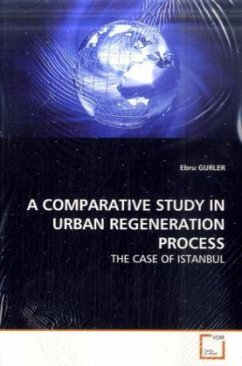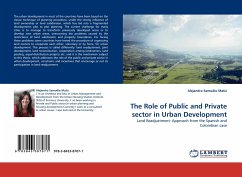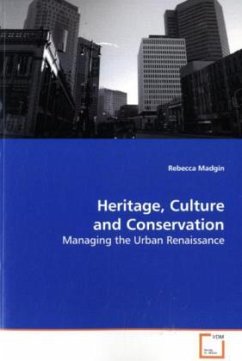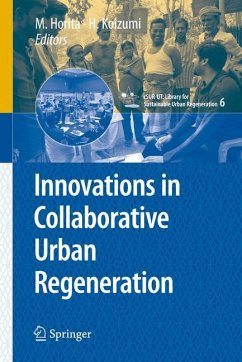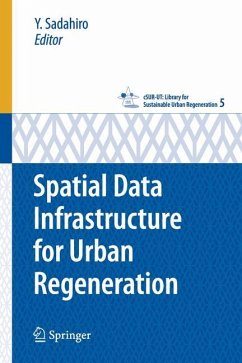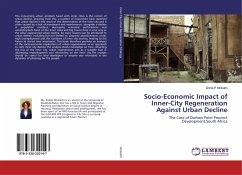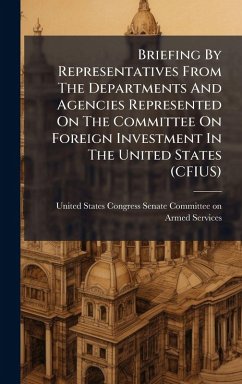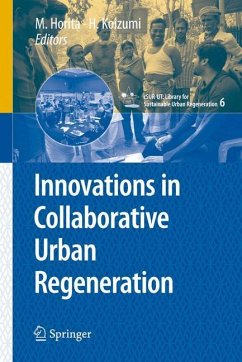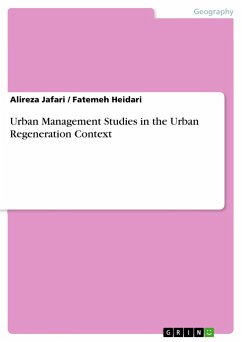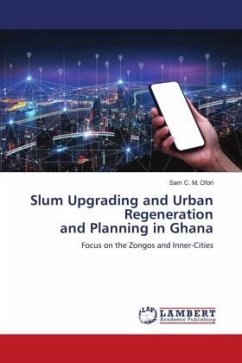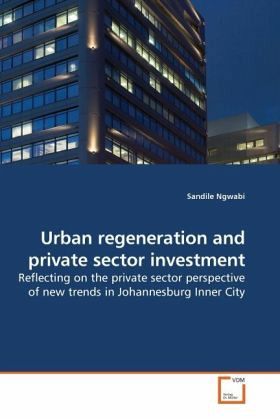
Urban regeneration and private sector investment
Reflecting on the private sector perspective of new trends in Johannesburg Inner City
Versandkostenfrei!
Versandfertig in 6-10 Tagen
52,99 €
inkl. MwSt.

PAYBACK Punkte
26 °P sammeln!
This study is based on the private sector perception of urban regeneration initiatives in the Johannesburg Inner City. It critically evaluates the current strategy employed by the City of Johannesburg which elevates private sector investment as the mainstay for inner city revival and the pillar for achieving what it calls "a world- class African city". It argues that, in spite of the positive outcomes that have occurred in the inner city since the advent of urban regeneration, the initiatives informed by the current strategy and designed to induce private sector investment have contributed to ...
This study is based on the private sector perception of urban regeneration initiatives in the Johannesburg Inner City. It critically evaluates the current strategy employed by the City of Johannesburg which elevates private sector investment as the mainstay for inner city revival and the pillar for achieving what it calls "a world- class African city". It argues that, in spite of the positive outcomes that have occurred in the inner city since the advent of urban regeneration, the initiatives informed by the current strategy and designed to induce private sector investment have contributed to urban change only in limited ways. In addition, policy instruments such as the Urban Development Zone, City Improvement District, the Johannesburg Development Agency, are generally perceived to have yielded significant benefits and advantages in the inner city. However, these instruments have limitations both as concepts and in practice. The effectiveness of these instruments is marred by, among other things, the fact that they do not embrace the wider inner city, but parts thereof, and have not been implemented in an integrated manner.



